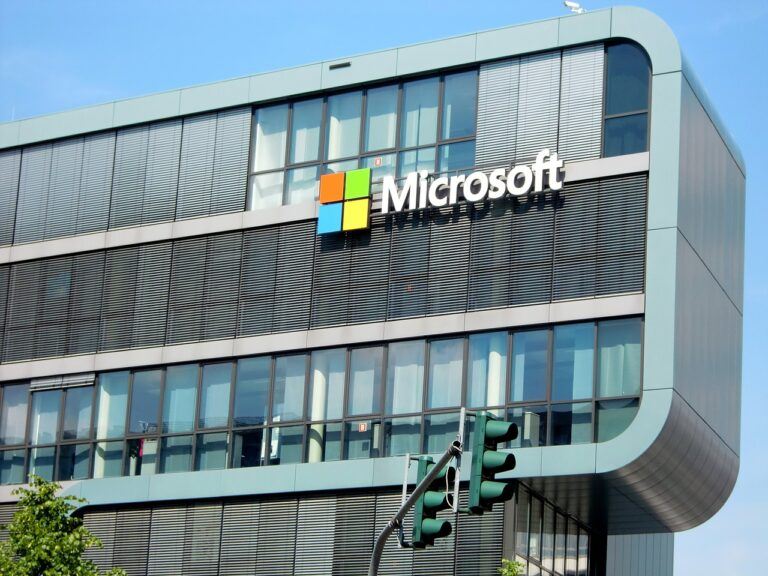Tech giant Microsoft has recently unveiled a new algorithm for the Ethereum blockchain on Azure, its cloud computing service, called Proof-of-Authority (PoA). Ethereum on Azure is a Blockchain-as-a-Service (BaaS) product that allows enterprises to “deploy and configure an Ethereum blockchain network in minutes.”
According to a recently published announcement, the Proof-of-Authority algorithm will let organizations build applications on an Ethereum network that is notably not secured by the popular Proof-of-Work (PoW) algorithm.
Per Cody Born, a software engineer at Azure Global, the PoW algorithm is great on a blockchain in which participants don’t trust each other, as it self-regulates the network through computation costs. The blog post reads:
This works great in anonymous, open networks where competition for cryptocurrency promotes security on the network. However, in private/consortium networks the underlying ether has no value. An alternative protocol, Proof-of-Authority, is more suitable for permissioned networks where all consensus participants are known and reputable.
In Microsoft’s model, each consensus node will have its own ETH identity, and network participants will be able to delegate their votes to others in case their primary nodes go offline. This way, Born noted, all of the network’s members will be able to participate in the network.
The tech giant’s product, the announcement reveals, comes with a built-in decentralized application (DApp) dubbed “Governance DApp,” to “simplify voting and validator delegation.” It’ll let each consortium member manage his or her own keys, “allowing secure signing in a wallet of preference.”
Thanks to the Governance DApp, the network will have decentralized governance, as changes will be administered through on-chain voting, in a transparent and auditable manner. Microsoft further enabled Parity’s web-assembly support, which lets developers bypass Ethereum’s Solidity language, and author smart contracts in familiar languages like C++ and Rust.
Potential Implications
According to Investopedia, Microsoft’s Proof-of-Authority algorithm could have various implications. Per the publication, applications to be developed may include electronic voting, employee compensation, supply chain oversight, and smart contract-enabled agreements.
Kartik Mehrotra, head of business development at IOTW, was quoted as saying:
This will greatly simplify several task[s] for enterprises and allow them to focus on their core activities thereby enhancing their revenue and key skills. Additionally this partnership will compete with existing and upcoming enterprise blockchains such as vechain, quorum, hashgraph and R3 corda.
Notably, Microsoft has recently partnered with the Intercontinental Exchange (ICE), the parent company of the New York Stock Exchange (NYSE), to launch a cloud-based solution for cryptocurrencies that’s set to help boost bitcoin adoption.
The tech giant’s own search engine Bing, however, has blocked cryptocurrency-related ads earlier this year, in a move made to protect its users over the “possible elevated risk” of them falling for scams.









